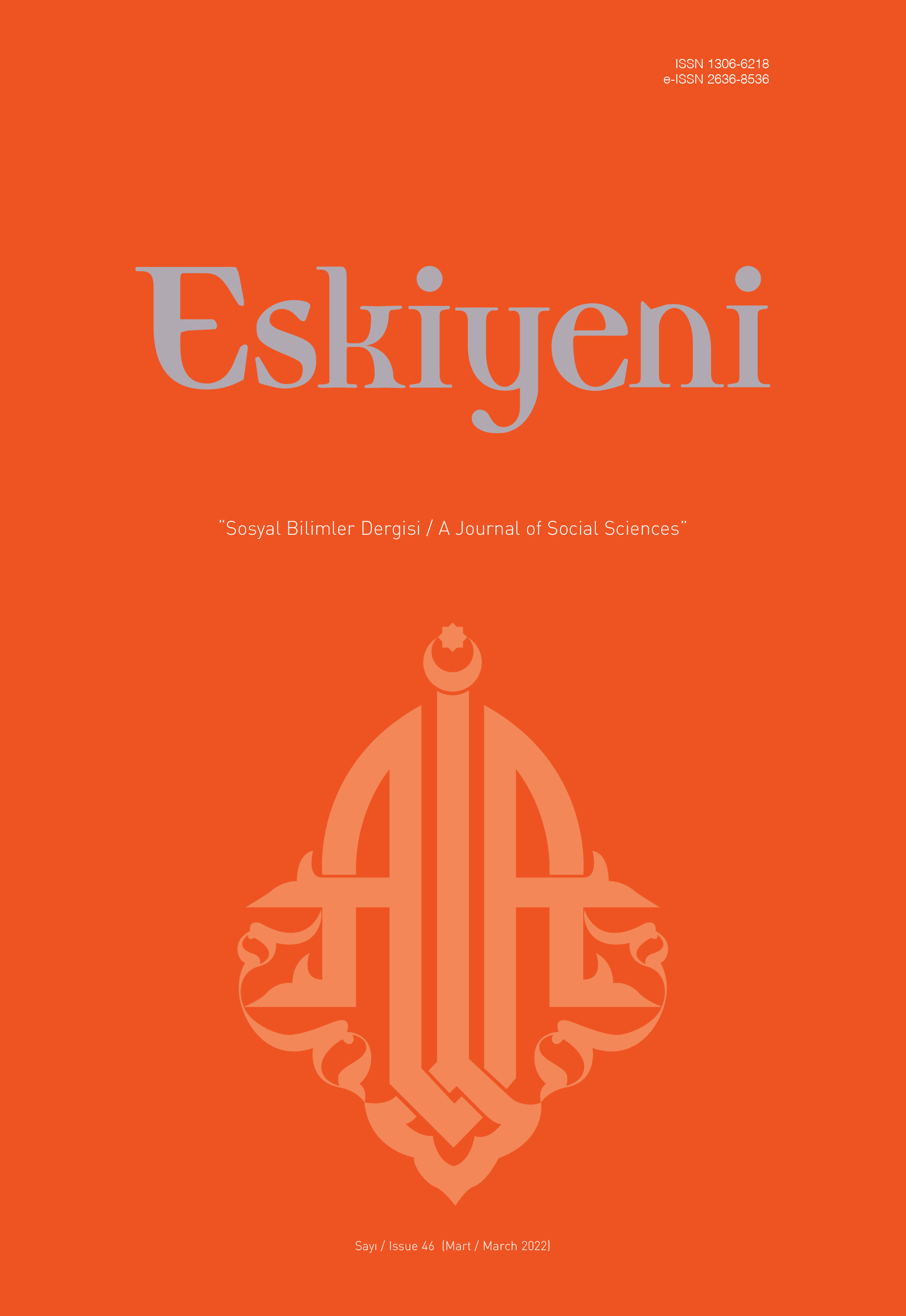Şintoizm’deki Tanrı İnancının Japon Sosyal Yaşamına Etkisi
The Influence of the Belief in God in Shintoism on Japanese Social Life
Author(s): Halil İbrahim ŞenavcuSubject(s): Comparative Studies of Religion, History of Religion
Published by: Anadolu İlahiyat Akademisi
Keywords: History of Religions; Japanese; Religion; Shintoism; God; Kami;
Summary/Abstract: In Shintoism, the indigenous religion of Japan, the term kami, is simply used for anything possessing supernatural power or force. However, the term is more complex than that, which is identified with belief in God. In this regard, “Shinto gods” are broadly called kami. For this reason, many researchers defined this belief as polytheist, pantheist, animist, shamanist so forth. Basically, the reason behind this kind of characterizations for the belief in God in Shintoism is originated from the concept of kami, which has different meanings such as the good and bad spirits that are believed to exist in the sky, the spirits of ancestors, and evils. In addition, the spirits of dead people are also regarded as kami and are blessed by their families. However, the meaning of this concept cannot fairly be understood without knowing its context and how it is used in a sentence. It is believed that kami can provide benefits and cause negative impacts to individuals in all aspects of their lives. Regarding this belief, kami has noticeable effects on Japanese social life. For instance, it is noteworthy that the crime rates in Japanese society are low compared to other developed countries. In addition, it is possible to see the reflections of this belief in every field of life from literature to cinema and architecture to art. In this sense, scenarists and writers in Japan engaged in the kami belief with the themes of their works. For instance, in Japanese comic book “Manga”, which is identified with Japan and in the cartoon movie industry has employed kamis for different purposes; such as instilling religious knowledge and morality, giving various messages, scaring and warning. Apparently, the role of kami in Japanese people’s moral behaviors also takes an important place by virtue of practicing worships and conducting ceremonies. Depending on these eminent aspects of kami effects on Japanese people’s ethical life, it can be interpreted that kami implements psychological well-being. It can be said that these faith-based worship and behaviors make a great contribution to believers. In Shintoism, the manifestation of God in the form of both human and other beings, and the understanding that people become deified if they die by doing good deeds in their lives, are quite different from religions such as Islam and Judaism that separate God and other beings ontologically with sharper lines. This transitivity between beings has helped people who adopt this religion to avoid hurting all beings.In this study, we aimed to analyze the effects of the notion of God in Shintoism on Japanese social life with the phenomenological and descriptive method that is frequently used in the history of religions. Therefore, in our study, the nature of the term kami has been respectively discussed in the context of its essence with the belief in God, as well as the function of this belief in worship and religious festivals, which is observed to be practiced frequently. Lastly, the effects of kami on the social lives of those who believe in Shintoism has been emphasized.
Journal: Eskiyeni
- Issue Year: 2022
- Issue No: 46
- Page Range: 73-88
- Page Count: 16
- Language: Turkish

